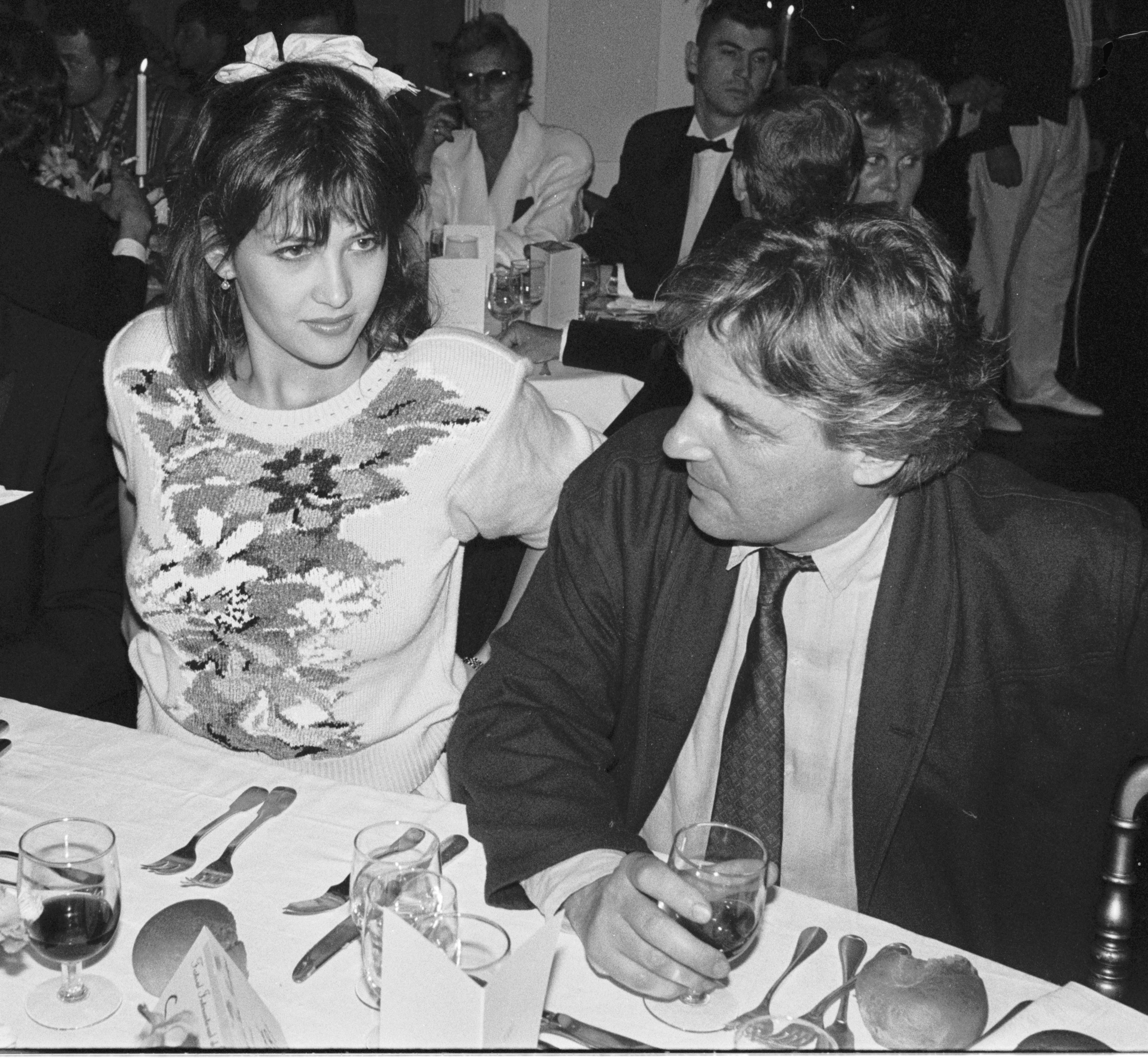|
La Fidélité
''Fidelity'' () is a 2000 French drama film written and directed by Andrzej Żuławski and starring Sophie Marceau, Pascal Greggory and Guillaume Canet. Based on Madame de La Fayette's 1678 novel ''La Princesse de Clèves'', the film follows a talented photographer who lands a lucrative job in Paris with a scandal-mongering tabloid and becomes romantically involved with an eccentric children's book publisher while resisting the sexual advances of another photographer. Filmed on location in Paris, ''Fidelity'' received the Cabourg Romantic Film Festival Award for Best Actress (Marceau) and the Golden Swann Award (Zulawski). Plot Talented Canadian photographer Clélia lands a lucrative job in Paris with a tabloid called ''La Verite'' run by scandal-mongerer Rupert MacRoi. Clélia's mother once dated MacRoi years ago while working as a cabaret singer. Once she became pregnant with Clélia, she stopped seeing MacRoi and married Clélia's father. Accompanying her daughter to Paris, she ... [...More Info...] [...Related Items...] OR: [Wikipedia] [Google] [Baidu] |
Andrzej Żuławski
Andrzej Żuławski (; 22 November 1940 – 17 February 2016) was a Polish film director and writer best known for his 1981 psychological horror film ''Possession (1981 film), Possession''. Żuławski often went against mainstream commercialism in his films, and enjoyed success mostly with European art-house audiences. In the late 1950s, he studied cinema in France. His second feature, ''The Devil (1972 film), The Devil'' (1972), was banned in communist Poland, and Żuławski went to France. After the success of ''That Most Important Thing: Love'' in 1975, he returned to Poland where he spent two years making ''On the Silver Globe (film), On the Silver Globe'' (not released until 1988). The work on this film was interrupted and destroyed by the authorities. After that, Żuławski moved to France where he became known for controversial and violent art-house films such as ''Possession (1981 film), Possession'' (1981). Żuławski is also known for his work with actresses including Rom ... [...More Info...] [...Related Items...] OR: [Wikipedia] [Google] [Baidu] |
Guy Tréjan
Guy Tréjan (18 September 1921 – 25 January 2001) was a French film, stage and television actor.Bradby p.124 He was the nephew of the Swiss singer and dancer Flore Revalles. Selected filmography * '' Marie Antoinette Queen of France'' (1956) * '' I'll Get Back to Kandara'' (1956) * ''Women's Club'' (1956) * ''Escapade'' (1957) * ''The Three Musketeers'' (1961) * '' Heaven on One's Head'' (1965) * '' Jo'' (1971) * '' Night Flight from Moscow'' (1973) * '' Piaf'' (1974) * ''Conversation Piece'' (1974) * '' La Bête'' (1975) * '' Stranger in the House'' (1992) * ''Fidelity Fidelity is the quality of faithfulness or loyalty. Its original meaning regarded duty in a broader sense than the related concept of '' fealty''. Both derive from the Latin word , meaning "faithful or loyal". In the City of London financial m ...'' (2000) * '' The Officers' Ward'' (2001) References Bibliography * Bradby, David. ''Modern French Drama 1940-1990''. Cambridge University Press, 1991. Extern ... [...More Info...] [...Related Items...] OR: [Wikipedia] [Google] [Baidu] |
Films Shot In Paris
A film, also known as a movie or motion picture, is a work of visual art that simulates experiences and otherwise communicates ideas, stories, perceptions, emotions, or atmosphere through the use of moving images that are generally, since the 1930s, synchronized with sound and (less commonly) other sensory stimulations. Etymology and alternative terms The name "film" originally referred to the thin layer of photochemical emulsion on the celluloid strip that used to be the actual medium for recording and displaying motion pictures. Many other terms exist for an individual motion-picture, including "picture", "picture show", "moving picture", "photoplay", and "flick". The most common term in the United States is "movie", while in Europe, "film" is preferred. Archaic terms include "animated pictures" and "animated photography". "Flick" is, in general a slang term, first recorded in 1926. It originates in the verb flicker, owing to the flickering appearance of early films. ... [...More Info...] [...Related Items...] OR: [Wikipedia] [Google] [Baidu] |

